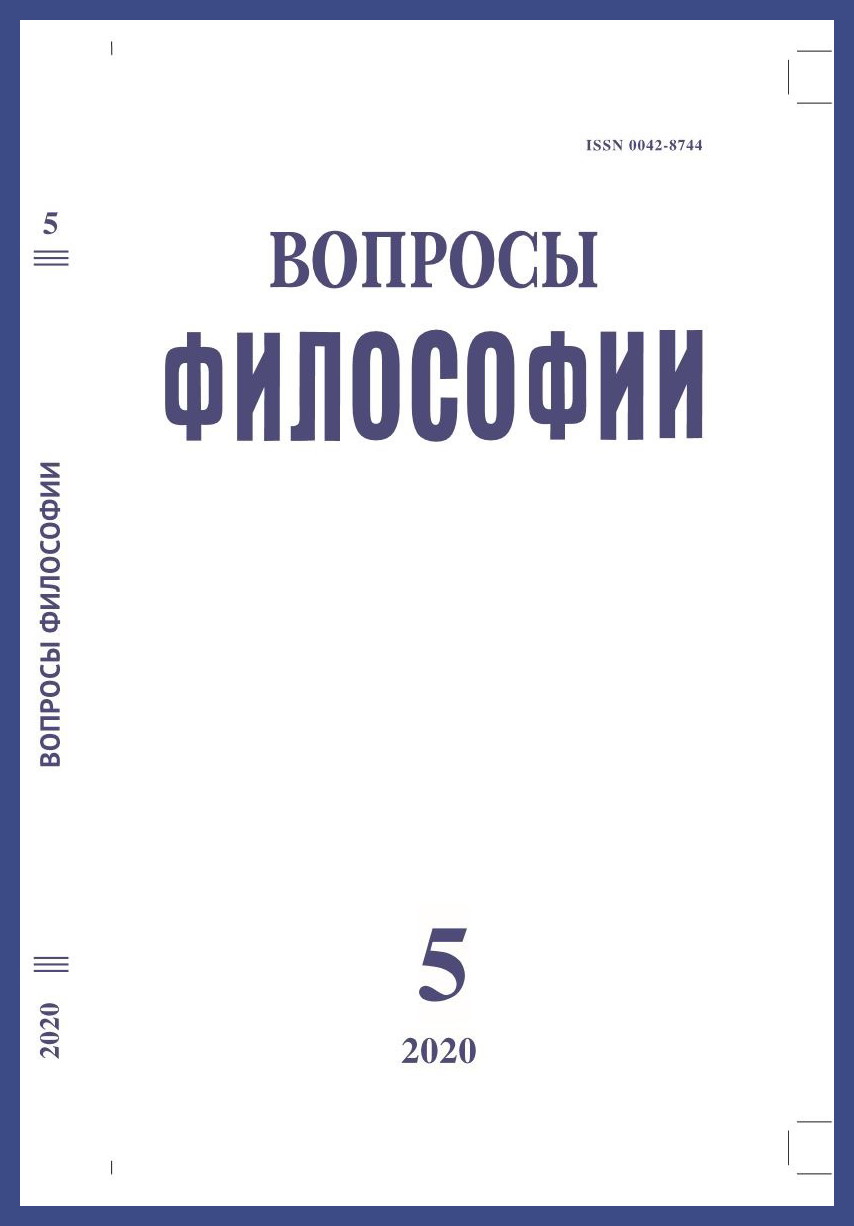Knowledge that Can Generate New Knowledge: from the Perspective of Science and Education
DOI:
https://doi.org/10.21146/0042-8744-2020-5-103-115Keywords:
innovative knowledge, dogmatic knowledge, problem-cognitive learning, reproductive-productive transition, essential knowledge, poetryAbstract
The generation of new knowledge is traditionally perceived as a matter of thinking. At the same time, the open question remains: what is knowledge by itself that is involved in the process of creating intellectual innovations? Earlier, the author presented on the pages of the journal an original theory of dogmatic knowledge of a cognitively active type. This article develops the epistemological problems of knowledge playing the role of an active agent of thinking in creation of knowledge that goes beyond the dogmatic constructivism. This knowledge is called innovative or generative. Its functioning is presented on the subject domain of science and education. The nature of the primordial force creating innovative knowledge is studied from the point of view of the motive of knowing and the motive of achievement. Two forms of the generating knowledge localization are distinguished – thematic and dynamic; the selective and elective types of selectivity are identified for the first form as the special in actioning of generative function of knowledge. A number of questions is briefly outlined regarding the role of innovative knowledge in relation to forms of learning in the future – problem-cognitive (including research) and memorable learning, as well as in respect of the transition process from knowledge acquisition to independent knowledge production in the development of a young researcher – a schoolchild or a student (the reproductive-productive transition).

